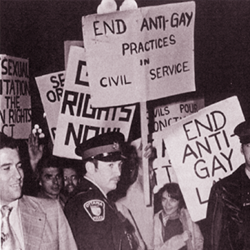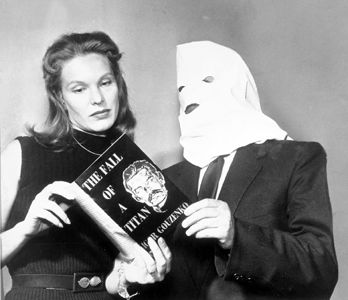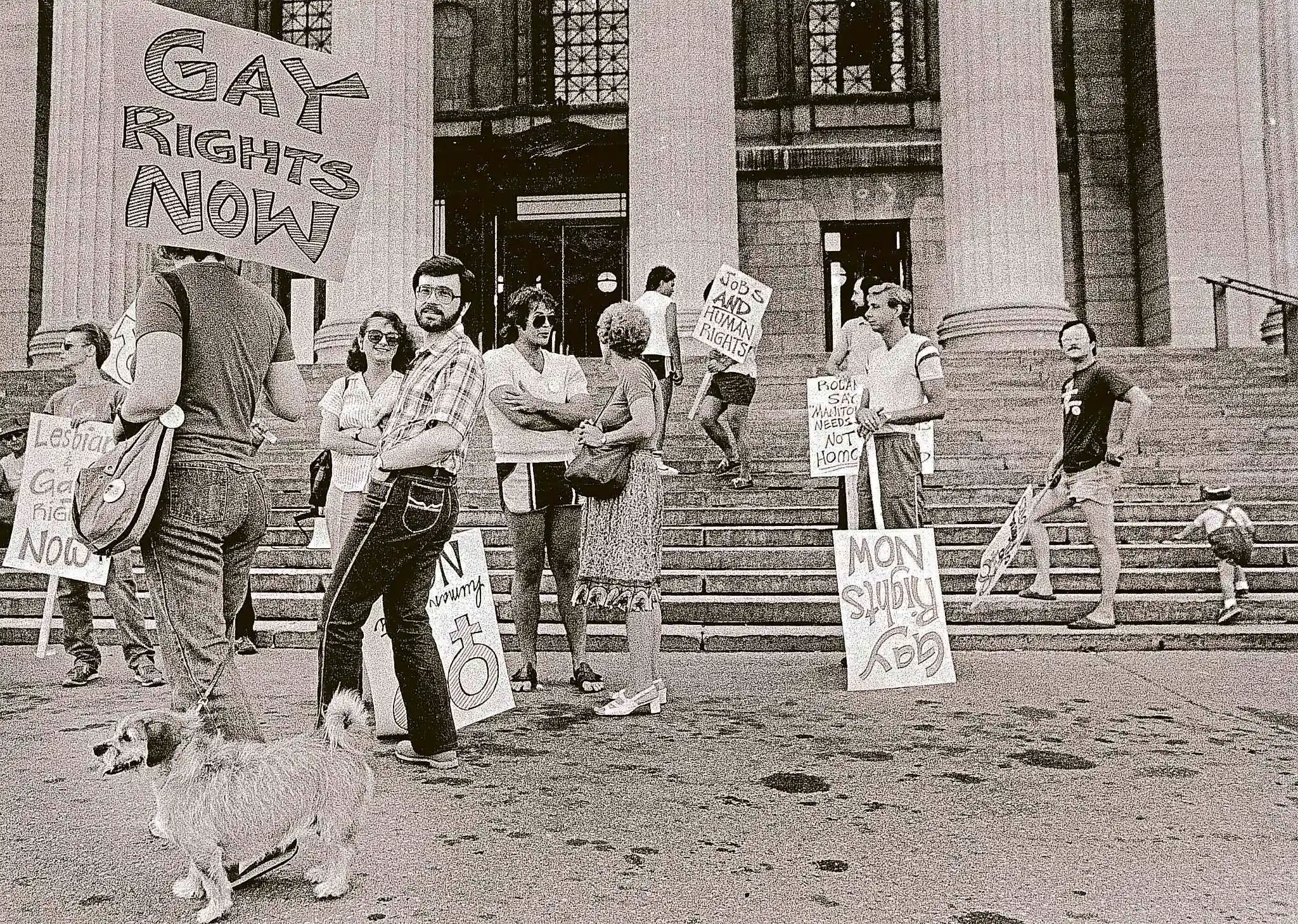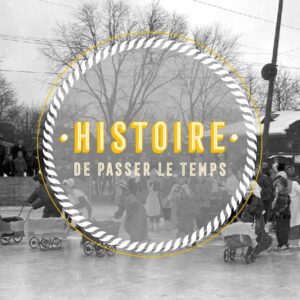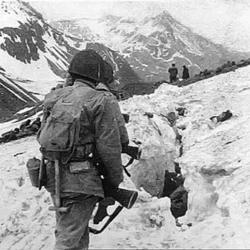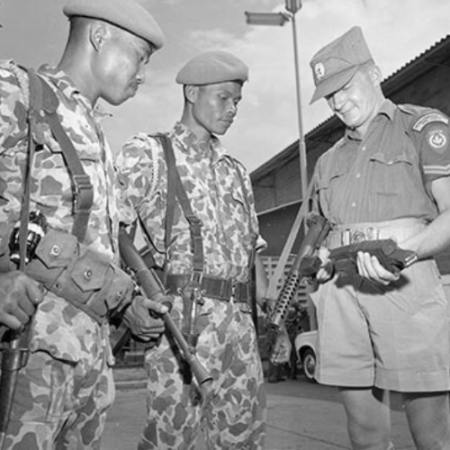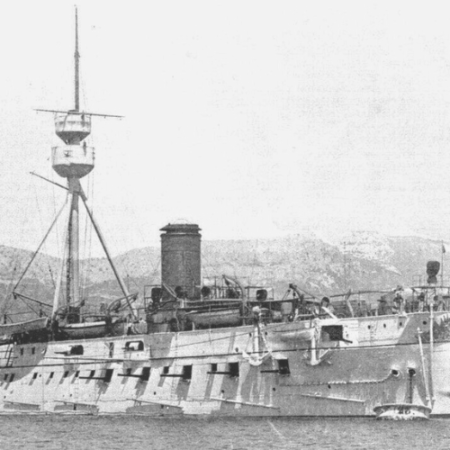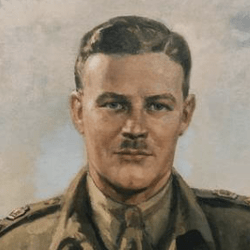Between 1950 and 1960, Canada joined the United States and other Western forces in a Cold War against the Soviet Union and its allies. It was against this backdrop that the Canadian government launched a campaign to identify and eliminate “security risks,” or people presumed to have “character weaknesses” such as homosexuality.
After World War II
After Igor Gouzenko defected from the Soviet regime in 1945, he revealed that Soviet spies had infiltrated Canada’s public service, armed forces, and National Research Council. This triggered the creation of a Royal Commission, a Security Panel, and a “cleansing” that involved purging suspected officials working at these institutions. Different criteria determined who was likely to be pro-communist in an investigation handled by the RCMP.
Colloquially referred to as the “Gay Purge,” this campaign targeted thousands of government officials, military personnel, and employees of Crown corporations. They were interviewed, investigated, and often fired from their jobs or denied security clearance.
Specific characteristics were thought to be indicative of pro-communist tendencies. According to the Security Panel, anyone who showed “weakness of character” was a risk. These included gamblers, adulterers, alcoholics, or anyone who engaged in socially unacceptable lifestyles such as homosexuality. The rationale was that they were more susceptible to blackmail and corruption because of their taboo behaviour and were therefore considered more likely to violate Canadian political norms. At the time, homosexuality, transsexualism and bisexuality were considered abnormal and even illegal. Homosexuals were thought to be easier to blackmail, as being “outed” would have been their greatest fear.
Some underwent so much questioning by the Security Panel that they suffered psychological trauma for years. This happened to Canadian diplomat John Wendell Holmes. Posted to Moscow between 1940 and 1959, he was interrogated in November 1959. After confessing to being a homosexual, he was forced to resign from his diplomatic career and suffered a nervous breakdown
LGBT Purge
Between 1952 and 1955, LGBTQ civil servants were forced out of their jobs with International Affairs, the RCMP, and the Canadian Armed Forces. Between 1958 and 1959, the investigations mainly revolved around sexual orientation. In the 1960s, the RCMP surveilled gay hangouts such as bars, clubs and parks. Police officers infiltrated these spots and took pictures to keep a record of any officials who visited them.
The Gay Purge was devastating for its targets. Many people lost their livelihoods, were ostracized from their communities, and suffered mental health problems from the discrimination they experienced. Some were even forced to undergo conversion therapy to change their sexual orientation.
Conclusion
It was not until the 1990s that the Canadian government began to acknowledge the harms caused by the Gay Purge. In 2017, Prime Minister Justin Trudeau formally apologized on behalf of the government and announced compensation for anyone affected.
Today, the Gay Purge reminds us of the harms of discriminatory policies and the importance of protecting everyone’s rights regardless of their sexual or gender identity.
Cover photo : An LGBTQ demonstration against the practices of the Canadian government (source: LGBT Purge Fund).
Article written by Aglaé Pinsonnault for Je Me Souviens.
In addition:
On June 16, 2023, Aglaé Pinsonnault was on Histoire de passer le temps to talk about the purge of LGBTQ+ people in the Canadian Army during the Cold War. To listen to her column, in french, click here! With the participation of Catherine Thibeault and Julien Legris as guests and hosts, and Pierre-Luc Noël as sound engineer.
Sources:
- “Bringing ‘Purge’ to light : Exhibit on persecution of LGBTTQ+ Canadians back on track after reckoning at CMHR“, Winnipeg Free Press.
- “Canada’s Cold War Purge of LGBTQ from Public Service“, L’Encyclopédie Canadienne/The Canadian Encyclopedia.
An article written by Valour Canada and republished by JMS about Michelle Douglas, who sued the military after being expelled, is also available here. Michelle Douglas is now the Executive Director of the LGBT Purge Fund.
For a more academic approach:
- Gary Kinsman & Patrizia Gentile, The Canadian War on Queers : National Security as Sexual Regulation, Vancouver, UBC Press, 2010, 584 p.
- Hector Mackenzie, “The straight and narrow path: policy direction and oversight of the gay purges in Canada“, British Journal of Canadian Studies, vol. 34, no. 2, January 2022, pp. 189-216.

